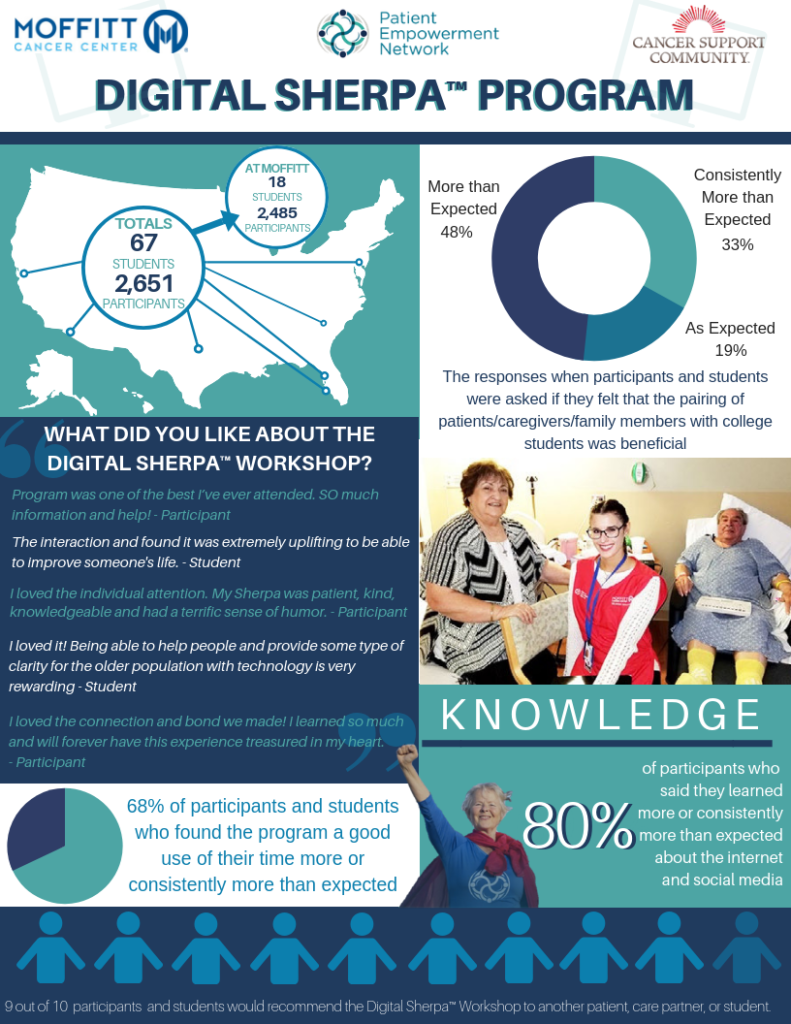Daily Practices for Cultivating Awareness and Anchoring Yourself in Resilience
Resilience is our capacity to bounce back from the inevitable challenges of being alive. When challenges arise, our meandering minds can take us into various worrisome directions, leading to a host of negative emotional states and their subsequent adverse effects on our well-being.
Although we may not have control over the external factors in our lives or needless to say our genetic predispositions, we do have the capacity to cultivate inner psychological faculties that enable us to weather the storms of life with relative calm. For most of us, these internal resources are underdeveloped. They require intentional cultivation through the regular practice of actions that support their development. Among these inner resources are self-awareness, self-acceptance, and a secure inner base to fall back on.
What is Resilience?
What is Resilience? from Patient Empowerment Network on Vimeo.
Anchoring the Mind
Anchoring the Mind from Patient Empowerment Network on Vimeo.
Focusing the attention on the natural breathing process and body cultivates self-awareness and tends to have a calming effect on the mind. By doing so non-judgmentally, we accept the process as it is truly experienced. This is not an advocation of apathy towards our lives. To the contrary, by shining the light of awareness on our experience and accepting it as it truly is, we are given a clarity from which to make any necessary course corrections in our lives.
Awareness of Breath
Awareness of Breath from Patient Empowerment Network on Vimeo.
Awareness of Body
Awareness of Body from Patient Empowerment Network on Vimeo.
A secure base is supported by continually returning our attention to our breath and body when distracted by the meandering nature of the mind. By regularly practicing the activities here offered you can enhance your capacity to bounce back and calmly weather the fluctuating trials of life.
Broderick Rodell has a PhD in chemical engineering from the Georgia Institute of Technology and a Doctorate of Naturopathic Medicine from Bastyr University. His search for self-betterment led to his passion for mindfulness. He considers himself a dedicated student and practitioner of yoga including contemplation, meditation, breath work, and mindful movement. Broderick believes that through individual evolution we can all tap into greater possibilities within ourselves.







